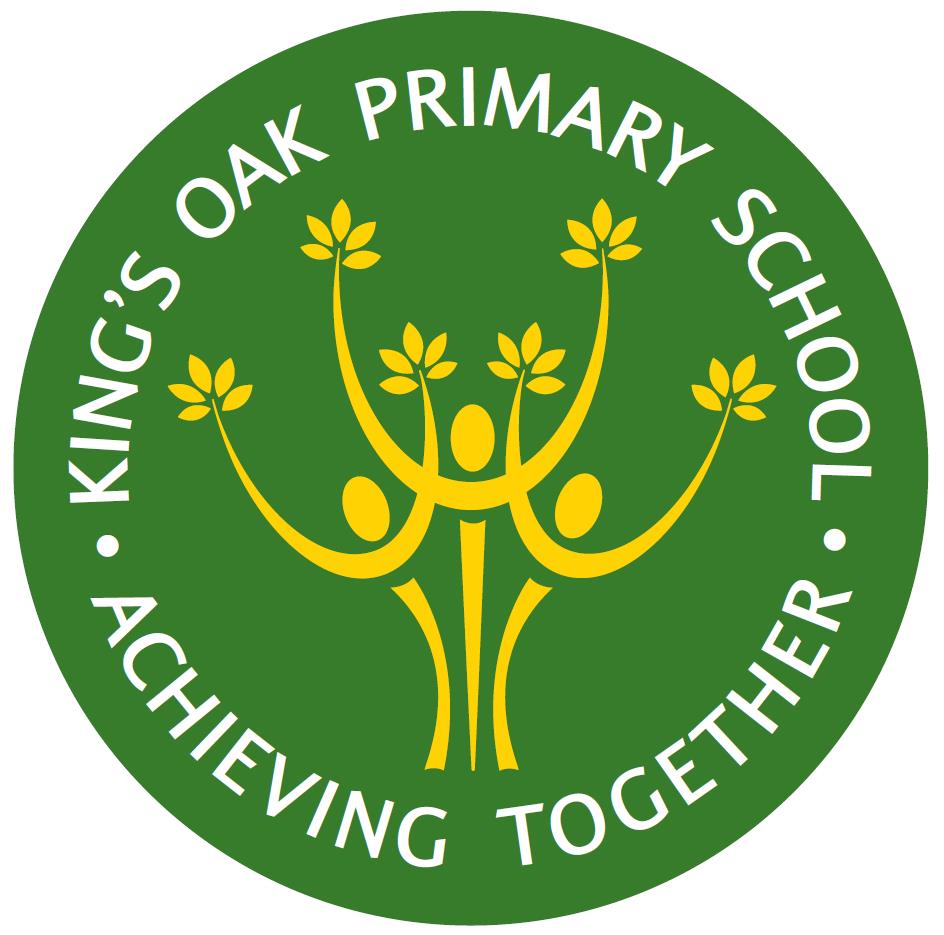Early Years
The Early Years Foundation Stage (EYFS) sets the standards that ensure children learn and develop well and are kept healthy and safe. It promotes teaching and learning to ensure children are ready for school and gives children the broad range of knowledge and skills that provide the right foundation for good future progress through school and life. Overarching principles Four guiding principles shape practice in our Nursery and Reception. These are: • every child is a unique child, who is constantly learning and can be resilient, capable, confident and self-assured; • children learn to be strong and independent through positive relationships; • children learn and develop well in enabling environments, in which their experiences respond to their individual needs and where there is a strong partnership between staff and parents/carers; • children develop and learn in different ways and at different rates. The areas of learning and development There are seven areas of learning and development. All areas of learning and development are important and interconnected. Three areas are particularly crucial for igniting children’s curiosity and enthusiasm for learning, and for building their capacity to learn, form relationships and thrive. These three areas, the prime areas, are: • communication and language; • physical development; • personal, social and emotional development. There are four specific areas, through which the three prime areas are strengthened and applied. The specific areas are: • literacy; • mathematics; • understanding the world; • expressive arts and design. Teaching and learning in our Nursery and Reception involves the following activities and experiences: • Communication and language development: giving children opportunities to experience a rich language environment, to develop their confidence and skills in expressing themselves and to speak and listen in a range of situations. • Physical development: providing opportunities for young children to be active and interactive and to develop their co-ordination, control, and movement. Children are also helped to understand the importance of physical activity, and to make healthy choices in relation to food. • Personal, social and emotional development: helping children to develop a positive sense of themselves, and others, to form positive relationships and develop respect for others; to help children to develop social skills and learn how to manage their feelings so that they understand appropriate behaviour in groups and have confidence in their own abilities. • Literacy development: encouraging children to link sounds and letters and to begin to read and write. Children are given access to a wide range of reading materials (books, poems, and other written materials) to ignite their interest. • Mathematics: providing children with opportunities to develop and improve their skills in counting, understanding and using numbers, calculating simple addition and subtraction problems; and to describe shapes, spaces, and measures. • Understanding the world: guiding children to make sense of their physical world and their community through opportunities to explore, observe and find out about people, places, technology and the environment. • Expressive arts and design: enabling children to explore and play with a wide range of media and materials, as well as providing opportunities and encouragement for sharing their thoughts, ideas and feelings through a variety of activities in art, music, movement, dance, role-play, and design and technology.
